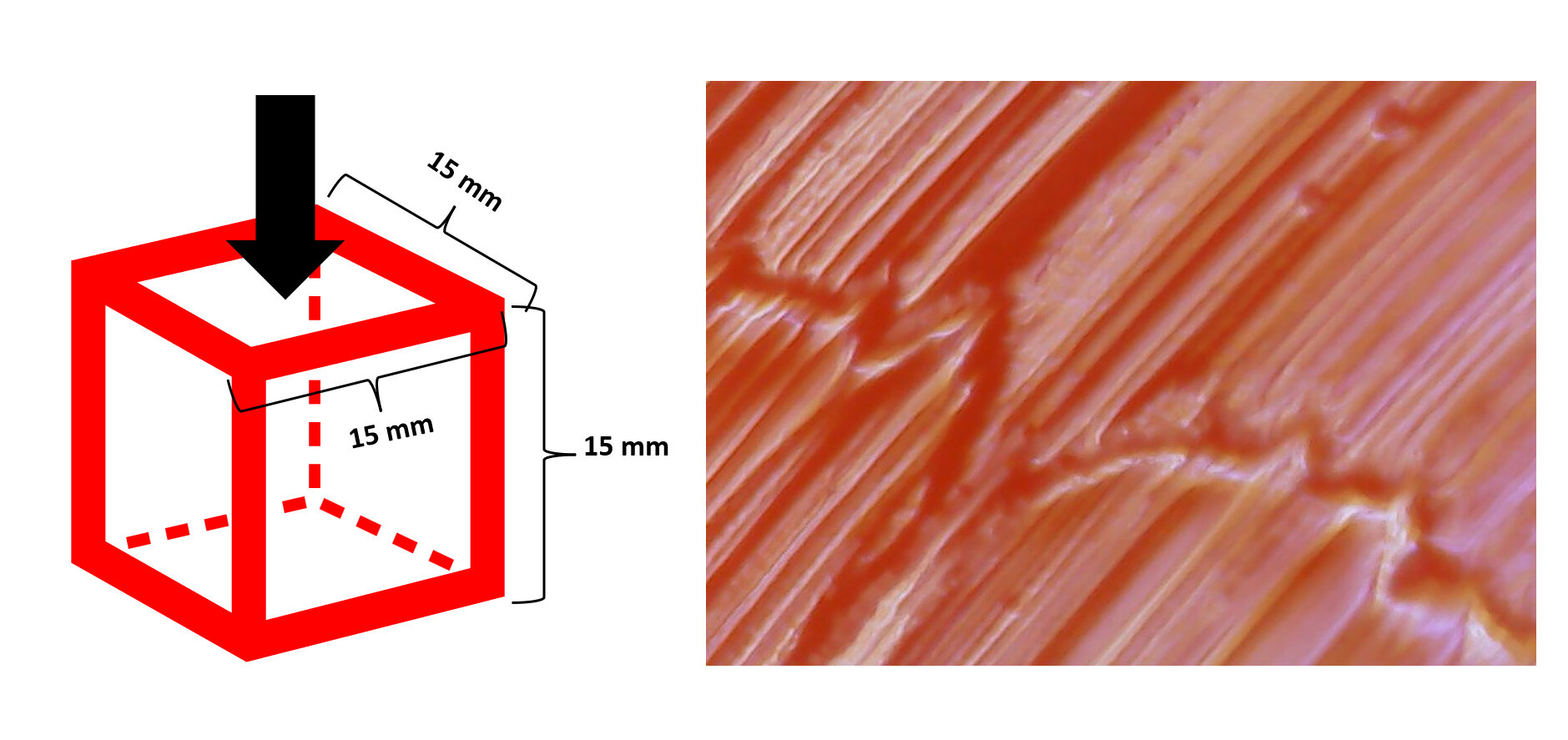

The texture of gummy candies is just as important as its taste. Stale or hard gummy candies can be disappointing even if it still has a sweet taste. The quality of gummy candies depends on its formulation and storage, both of which affect how the molecules in the candy link together.
Researchers from Ozyegin University and Middle East Technical University conducted a series of experiments to explore how changing different parts of the gummy-making process affects the final product. They also studied how the candies behave in different storage temperatures. The researchers used the results to determine the most shelf-stable combination for gummy candies. Their findings were published in Physics of Fluids.
The team experimented with different inputs while making gummies, from glucose syrup-to-sucrose ratios to starch and gelatin concentrations, to understand how these changes affected features like candy texture, moisture content, and pH. They then studied the resulting features of the candies before and after storage. Storage conditions varied from 10°C to 30°C for 12 weeks or 15°C to 22°C for a year.
The study presented its own challenges due to the high number of parameters involved. The researchers had to deal with eight different candy formulations, four different temperature conditions, and two different storage times. The team used a statistical model to describe how each combination affected the quality parameters of the gummy.
The researchers found that the moisture content and pH were heavily dependent on the glucose syrup-to-sucrose ratio. On the other hand, the gelatin content affected crosslink distances. The most surprising finding was that hardness and average crosslink distance were not affected by the amount of starch.
Identifying the most stable combinations for gummies can extend their shelf life and improve candy quality in different climates and across the food industry. The researchers plan to explore the role of plant-based formulations, mold shapes, and packaging types in future studies.
In the world of pharmaceuticals, innovation often hinges on finding new compounds that can lead…
In the heart of the Amazon basin, drastic climate changes present an alarming reality that…
Air fryers have rapidly surged in popularity, captivating home cooks and culinary enthusiasts alike. When…
In an era where technology and social media reign, the importance of sleep often takes…
In an era where environmental consciousness is paramount, the maritime industry has long been scrutinized…
Radionuclides, often relegated to discussions surrounding nuclear energy and radioactive waste, have far-ranging implications for…
This website uses cookies.